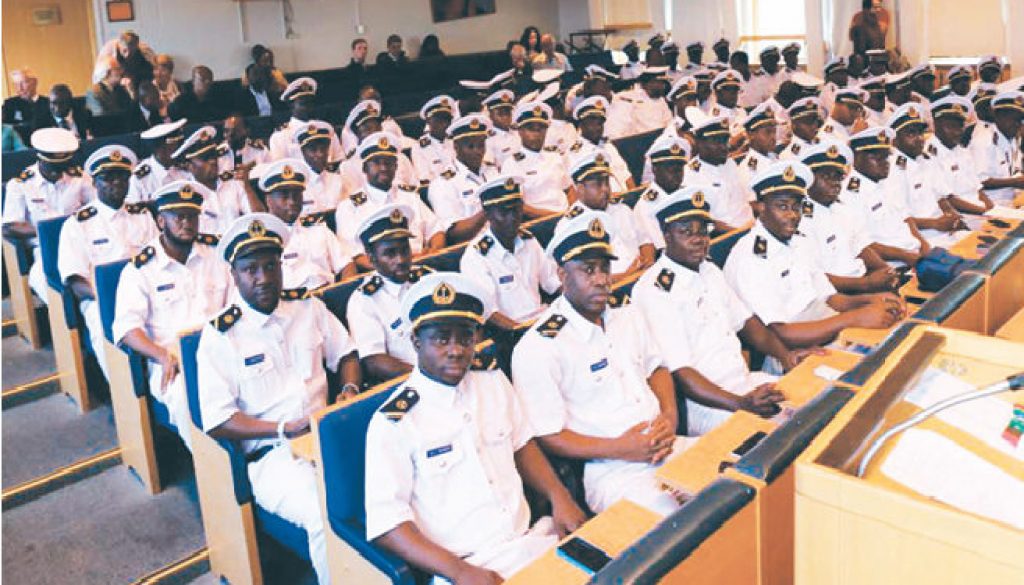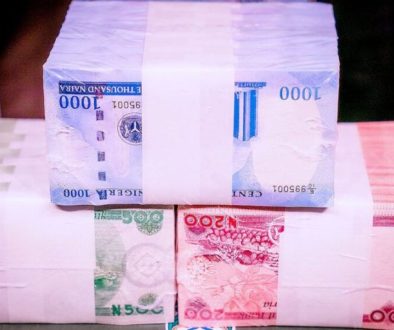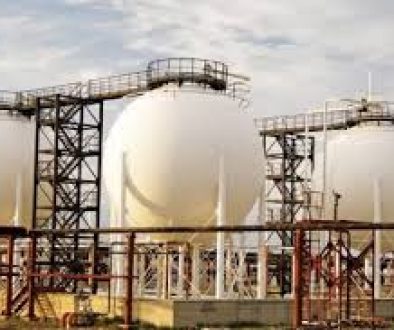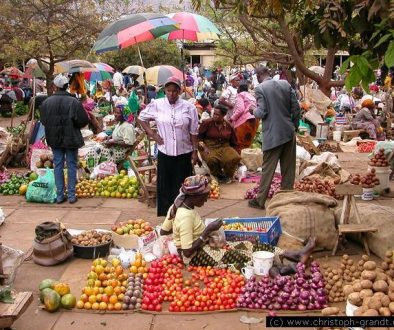11,956 Nigerian seafarers placed onboard cabotage vessels
Lagos, Aug. 25, 2023: The Nigerian Maritime Administration and Safety Agency (NIMASA) says a total of 11,956 Nigerian seafarers have been placed onboard Cabotage vessels from January 2021 to July 2023.
Mr Osagie Edward, Assistant Director, Public Relations, NIMASA, in a statement in Lagos on Friday, noted that NIMASA achieved this under the current administration led by Dr Bashir Jamoh, the agency’s director general.
According to Edwards, 3,705 seafarers were placed on board Cabotage vessels in the year 2021, 7,238 seafarers placed in 2022 and 1013 placed in 2023 (January – July).
“Overall, a total of 11,956 Nigerian seafarers have been placed onboard cabotage vessels from January-2021 to July- 2023,” he said.
He pointed out that one of the cardinal principle of the cabotage regime was the localisation of manning vessels operating in Nigerian waters.
He said that to a considerable extent, NIMASA had ensured the placement of Nigerian seafarers on board cabotage vessels in line with its placement function and the provisions of the Cabotage Act, 2003.
“Improving on this, cabotage manning applications are now processed on the condition that all foreign crew, especially ratings on board vessels are to be replaced with Nigerian seafarers/cadets within two-three weeks of operations.
“Resultantly, 539 Nigerian seafarers have been recommended for replacement in the first quarter of 2023,” he said.
He noted that registration and documentation had been digitalised, as the establishment of the e-registration platform was to enable the online and real-time registration of maritime labour (seafarers & dockworkers) in Nigeria.
He listed others registered as maritime labour employers (shipping companies, manning/crewing agents, stevedoring companies, jetties/terminals operators) and operators (bonded terminals, inland container deports, off dock terminals, dry ports offshore platforms).
“It is worthwhile to mention that the maritime labour e-registration platform is a robust integrated information, verification and communication facility that provides real-time information on maritime labour registration processes and operations.
“It as well as enables the online registration and verification of documents, and the issuance of operational licenses timely.
“The platform is also meant to serve as a database from which statistics can be extrapolated for national planning, policy formulation, human and infrastructural development and research purposes,” he said.
Edwards pointed out that 3,219 and 3,619 seafarers were registered in the years 2021 and 2022 respectively with 1176 registered in the year 2023 (January-July).
“Similarly, 24 Maritime Labour Certificate (MLC) 2006 certificates were issued in the year 2021, 49 MLC, 2006 certificates issued in the year 2022 and 63 MLC, 2006 certificates have been issued in the year 2023 (January-July).
“Thus, a total of 8,014 seafarers have been registered from 2021 to 2023 (January-July) and 136 MLC, 2006 certificates issued after inspections within the same years.
“Moreover, 65 stevedoring companies, 26 terminal/jetty operators and 1,395 dockworkers have been registered from 2021 to 2023 (Jan-July),” he said.
He said NIMASA in 2008 initiated the Nigerian Seafarers Development Programme (NSDP) with the sole mandate of training Nigerian youths to become seafarers and Naval Architects in fulfilling one of its core area of maritime capacity building.
“The programme was designed to train Nigerian youths up to Degree level in Marine Engineering, Nautical Sciences and Naval Architecture in some of the best Maritime Training Institutions (MTIs) abroad and to position them to compete effectively in the global Maritime Industry,” he said.
Edwards quoted Jamoh as saying that the agency was working with countries committed to an understanding for mutual recognition of Certificate of Competency and had underpinned the selection of the chosen Institutes to train the beneficiaries.
“ It is also noteworthy that the agency has succeeded in providing seatime for all beneficiaries of the NSDP.
“ This implies that the bedrock for young Nigerians to earn foreign currencies and improve remittances to the country has been set by the agency,” he said.





